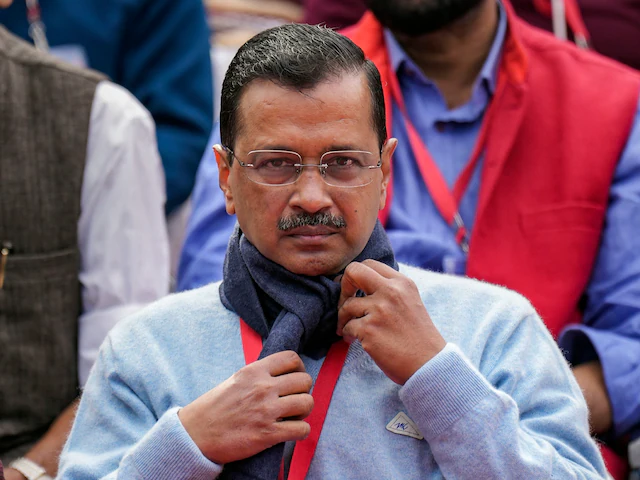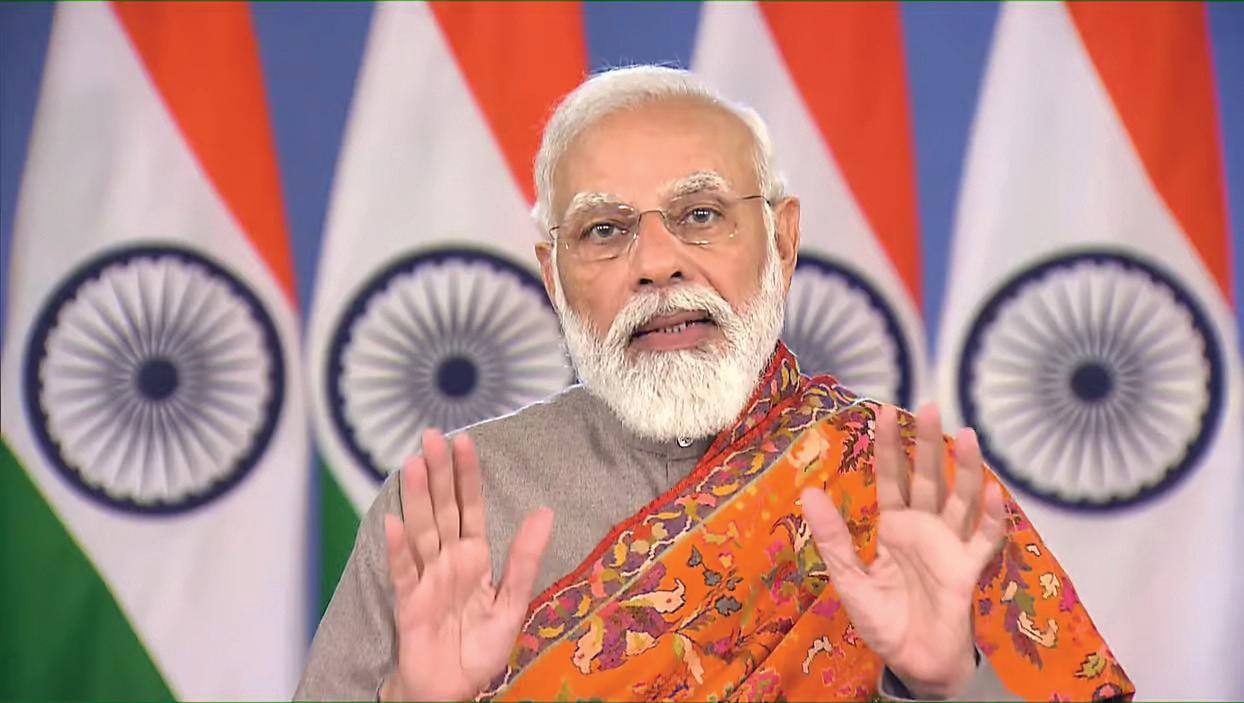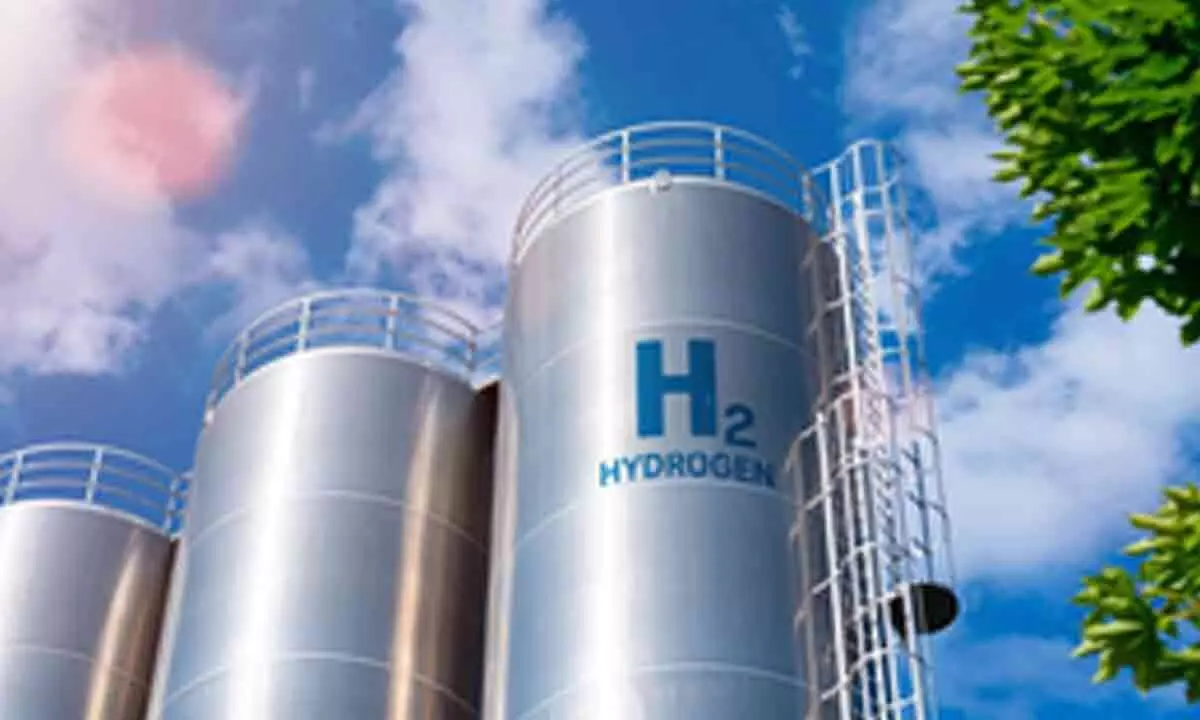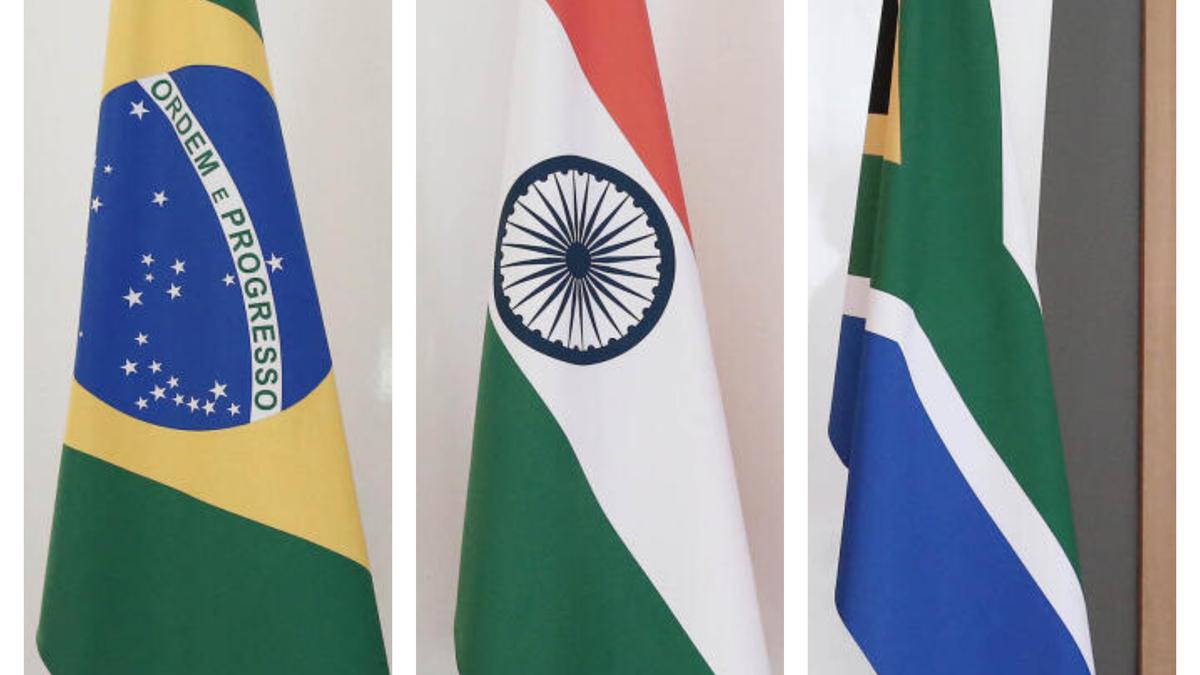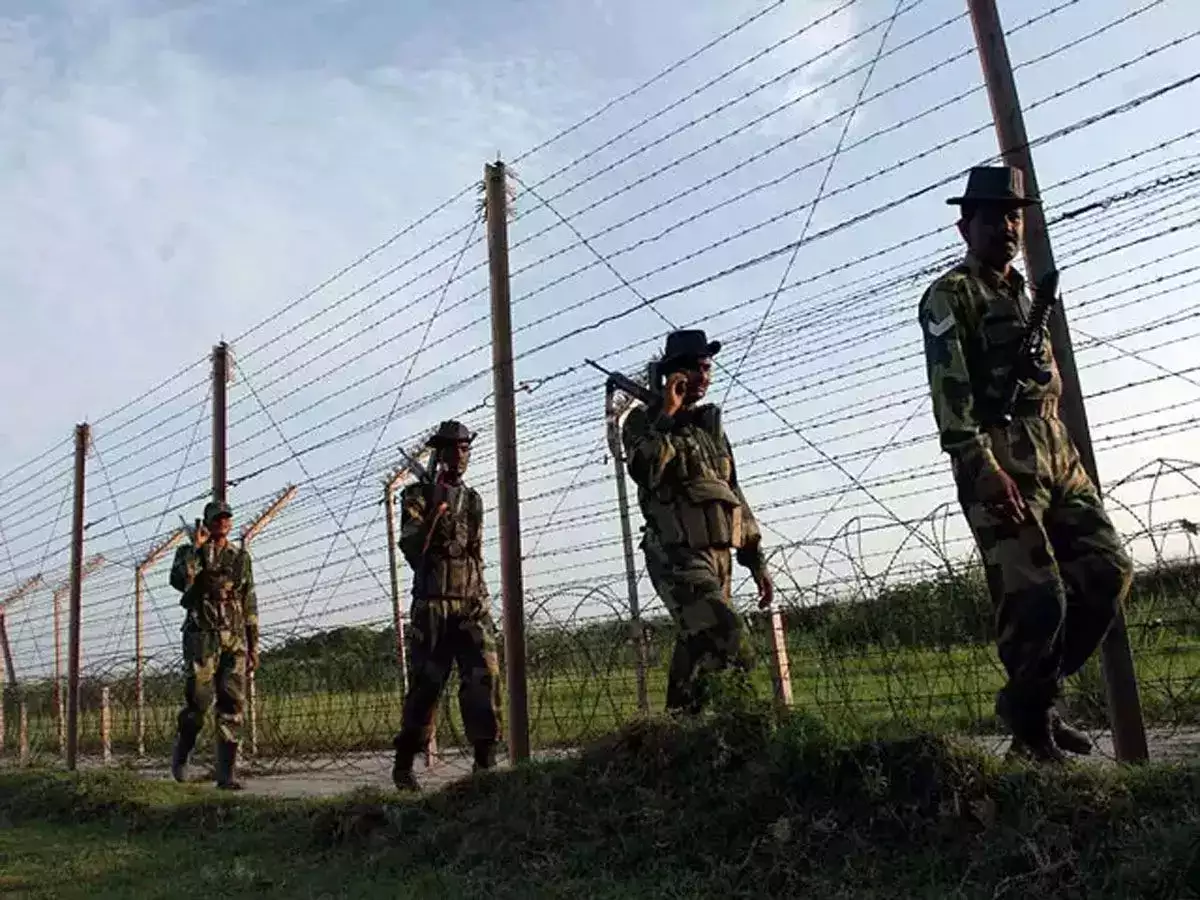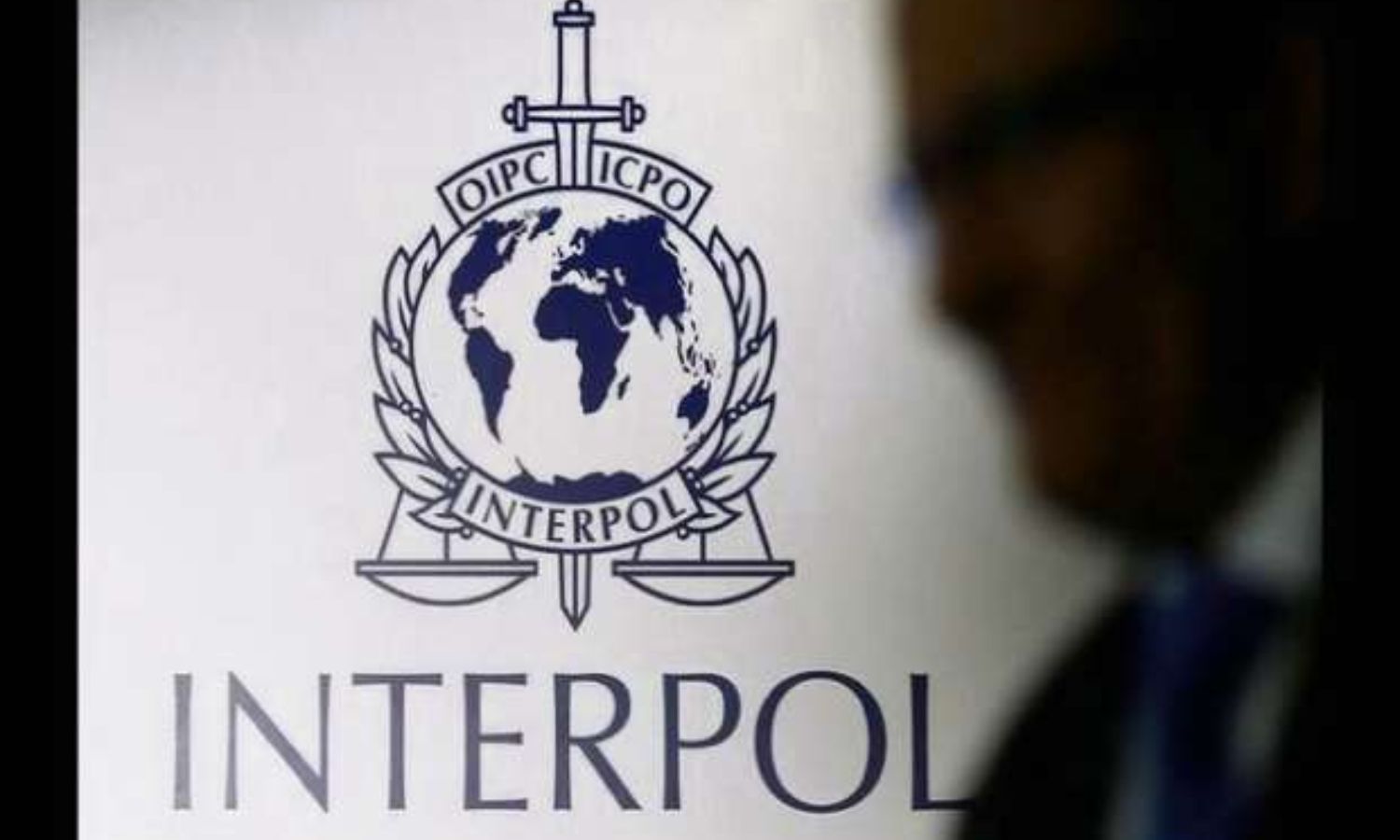Five years ago, major tax reform of GST in the history of India was rolled out with a bang on midnight of 30th June 2017. The intent and purpose of introduction of GST was to subsume levy of multiple taxes imposed both by the States and Union of India, except Customs Duty including SAD, to create a business-friendly atmosphere, for ease of doing business, with uniform rates of taxes throughout the country and also eliminate cascading impact of taxes by allowing seamless credits all across the supply chain and introduce tax efficiencies in the tax administration.
The taxes levied by Central Govt i.e. Central Sales Tax were included in the Integrated Goods & Service Tax Act, 2017 (IGST), the Service Tax and Central Excise Duty, Additional Duty of Excise, Additional Customs Duty – popularly known “Countervailing Duty – CVD, as were subsumed and were known as Central Goods and Service Tax Act, 2017 (CGST) . The State VAT, Luxury Tax, Entertainment tax, Purchase Tax etc., other than taxes levied by Municipal Corporation/Committees (SGST).
However, Liquor, power and petroleum were kept outside GST, because State Revenue Authorities and Politicians never wanted to part with rule making powers to tax almost 80% of the value in supply chain system. Thus, till date approximately revenue equivalent to 80% of value of goods and services related to production and trading of such goods revenue is outside GST. Thus, the basic purpose of introducing GST stood defeated. This position is further aggravated by imposing restrictions under section 17 of the CGST with regard to Works Contract services availed for self-construction, employee related services for call centers. Once liquor, power and petroleum are outside GST, all three cannot be taxed under GST. Therefore, because these are not taxable under GST, the value of services rendered in relation to all the three also cannot be taxed under GST, consequently, credit on account of input tax paid on purchase of all these items is not available. Consequently, there is no need to reverse the credit under the provisions Central/ State Goods and Services Tax Acts.
Once we consider the impact of the break in chain of credit on account of Power, Petroleum and works contract put together, the sunk cost in any project works out to approx.33%.
The background of including Electricity under GST can be traced to Minutes of Meeting of 9th Meting of GSTN Council held on 16th January 2017, while making presentation by various Ministry representatives on inclusion of Electricity, it was suggested to include Power in GST either at reduced rate or Nil Rate. Subsequently in 14th Meeting of GSTN Council held on 18 & 19 May 2017, once again the issue of inclusion of Power under GST as exempt supply was discussed, relevant text of which is reproduced as under :- xxxiv) Electricity: The Hon’ble Minister from Punjab stated that electricity also needed to be put under the exempted List. The Hon’ble Minister from Karnataka stated that in his State, electricity was exempte d f r o m VAT. The Hon’ble Deputy Chief Minister of Gujarat suggested that electricity should be exempted from GST. The Secretary stated that prima facie taxation on electricity was in the domain of the States as ‘taxes on the consumption or sale of electricity’ was covered under List II (Entry 53) of the Schedule 7 of the Constitution. He added that the issue could be examined further and if necessary, it could be put in the exempt List. The Council agreed to this suggestion. Finally, in the 15thMeeting of GST Council held on 3rd June, despite Constitutional embargo, and judgements from Apex Court,equating “Electricity” with “Tobacco – a sin goods” the Electricity was included in GST as “Exempted Goods” notified as exempted goods under notification no. 02/2017- Central Rate – Tax dated 28th June at serial no. 104. under Chapter Heading 2716 00 00 Electrical energy. The authorities, under CGST, armed with the exemption notification have started treating “Electricity” as an exempt supply and demanding reversal of input tax credit availed by the business entities and had issued show cause notices, thereafter, confirming demands. This has led to unwarranted litigation all over India. These demands are patently illegal, without authority of law and contrary to the provisions of the act. Now let us examine how brazenly the law is being flouted by all with impunity. The relevant definitions under section 2 of the CGST, that are reproduced as under:-
(47) “exempt supply” means supply of any goods or services or both which attracts nil rate of tax or which may be wholly exempt from tax under section 11, or under section 6 of the Integrated Goods and Services Tax Act, and includes nontaxable supply. (78) “non-taxable supply” means a supply of goods or services or both which is not leviable to tax under this Act or under the Integrated Goods and Services Tax Act. (108) “taxable supply” means a supply of goods or services or both which is leviable to tax under this Act.Therefore, going by the definition of taxable supply” means the goods or services that are taxable under GST. Consequently, only those goods and services can be the “exempt supply” of goods or services, which are taxable under the CGST. Thus, the goods or services taxable under the CGST can be exempted by way of notification. In case of electricity, since it is outside GST, same cannot be exempted by way of notification.
Once any goods or services are not taxable under the CGST, the question of availment of credit does not arise, therefore, reversal of credit goes beyond imagination.
Now, the moot question arises, can a notification create liability in absence of charging section in the Act? The answer is a strict “No”. Once Electricity is outside the scope of the GST, which fact is known to the Council, Electricity could not have been included under GST as an Exempt item taxable at “Nil” rate.
The issue of non-taxability of goods or services in absence of charging section has been settled against Union of India in catena of cases i.e. Laghu Udhog Bharti vs. Union of India 1999 (112) E.L.T. 365 (S.C.), Indian National Ship Owners Association vs Union of India – 2009 (13) S.T.R. 235 (Bom.), approved by Hon’ble Supreme Court in Union of India v. Indian National Shipowners Association — 2010 (17) S.T.R. J57 (S.C.)]and also in the matter of M/s TATA SKY LTD Vs STATE OF M.P AND OTHERS [2013-TIOL22-SC-ST].
This reminds me famous quote of Charles Dickens which is aptly applicable in India. The one great principle of English law is to make business for itself. (Author is CEO, of CAS Associates, Indirect Tax Advisors)
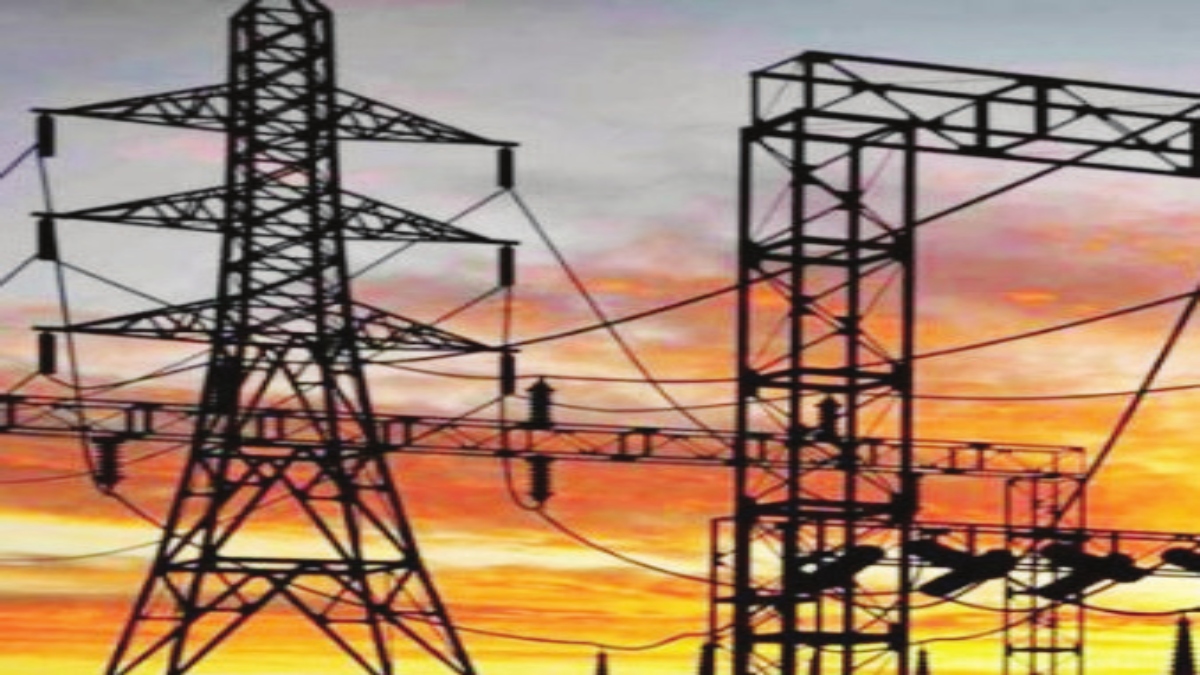

 Opinion3 years ago
Opinion3 years ago
 Entertainment8 years ago
Entertainment8 years ago
 Entertainment8 years ago
Entertainment8 years ago
 Fashion8 years ago
Fashion8 years ago
 Opinion4 years ago
Opinion4 years ago
 Entertainment8 years ago
Entertainment8 years ago
 Politics8 years ago
Politics8 years ago
 Entertainment8 years ago
Entertainment8 years ago
